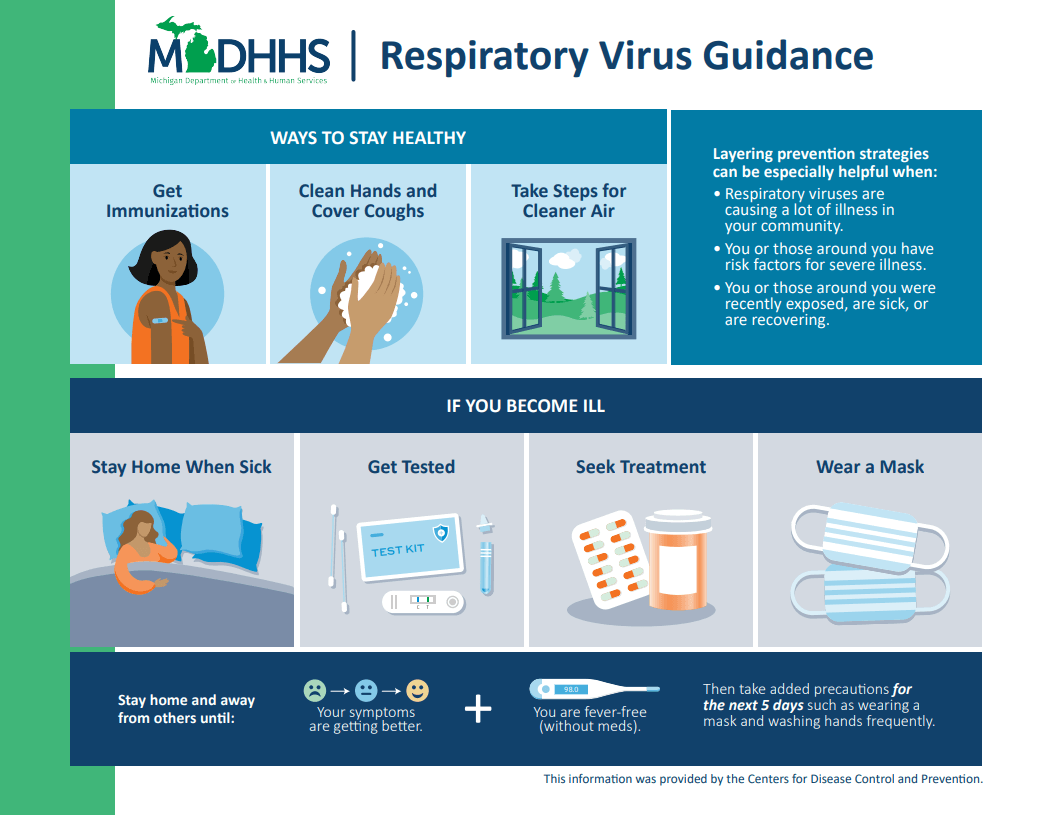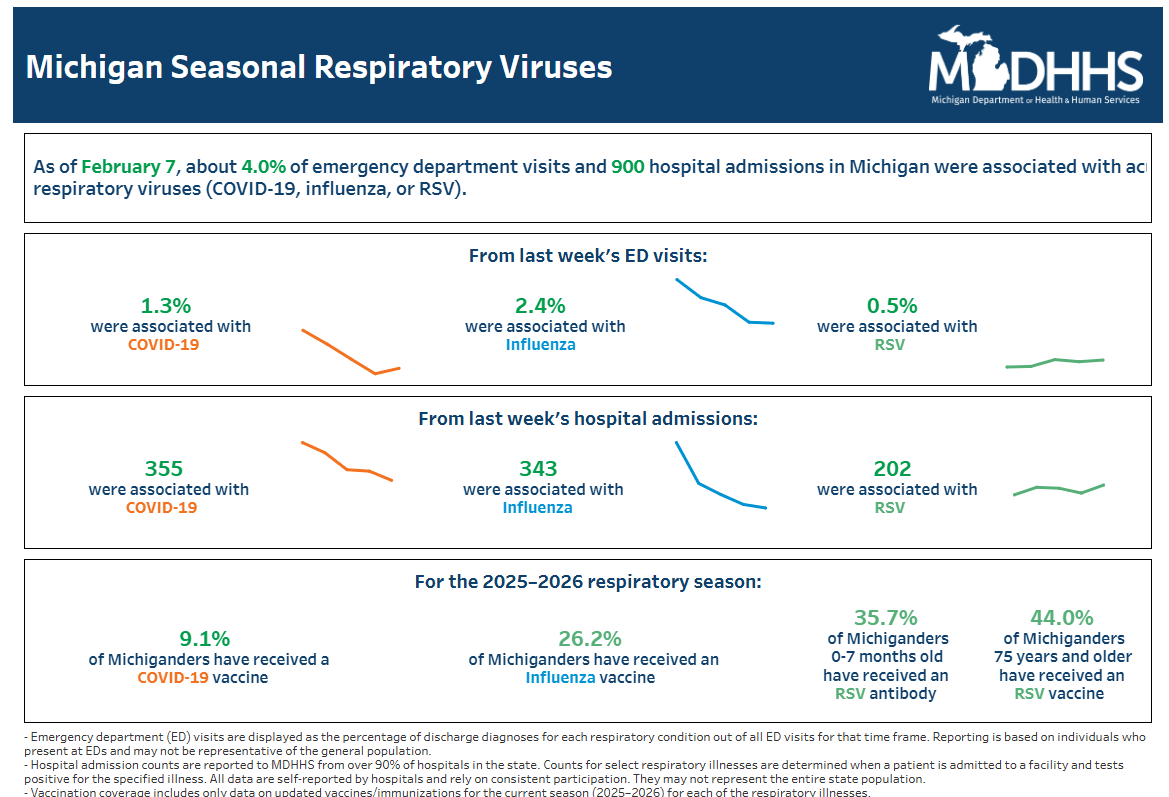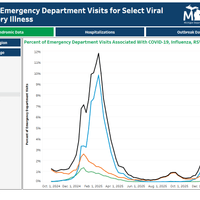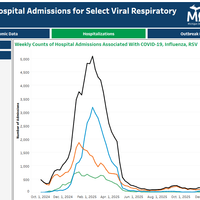
Prompt & Reliable Home Care
Clinical studies have shown that patients recover faster from surgery or other illnesses when they are treated in the comfort of their own homes. Since the beginning of 1985, our primary obligation at Central Home Health Care has been to our patients and to the communities we serve. We currently service the Detroit Metropolitan Area (specifically Wayne, Oakland, and Macomb counties). Our patients are entitled to quality health care, respect, compassion, honesty, confidentiality, and dignity.
~~~~~~~~~~~~~~~~~~~~~~~~~~~~~~~~~~~~~~~~~~~~~~~~
Applications from RN's, PT's, OT's, welcomed. Please give your name and phone number below, or contact us at 248-569-5410 or centralhhcstaff@gmail.com.
About Us
Quality Service
We’re recognized in the top 5% in the nation for helping seniors on Medicare live better, recover faster and have a higher quality of life and independence at home (HomeCare Elite 2012). Our management team believes in utilizing the continuous quality improvement process. We aim to be the best adult focused home health care agency in the Tri-County area.
Complete Care
Insurances we accept: Medicare, Medicaid, Blue Cross/Blue Shield, Private Insurances, Worker's Compensation, PPOM.
In 1993 we received an accreditation from Joint Commission on Accreditation of Healthcare Organizations (JCAHO) which we have consistently maintained.
Years of Experience
Central Home Health Care has been providing excellent care since 1985. We are full service provider utilizing nursing, physical therapy, occupational therapy, speech therapy, medical social work, home health aides, registered dietitian services

For your convenience, a Nursing Supervisor is on-call by telephone 24 hours a day, 7 days a week to speak with you or your family member regarding patient and/or health care needs. After-hour visits are also available.
Homecare is for individuals who have an illness or injury that restricts their ability to leave their home.
COMMONLY TREATED PROBLEMS:
High blood pressure/hypertension, High blood sugar/diabetes, Unstable medical condition, Recent Fractures, New onset stroke (cerebrovascular accident), Frequent falls/poor walking ability, Open wound(s) (pressure and surgical), Arthritic pain, Bowel/Bladder problems (including catheter change), Repeat Hospitalization (fall prevention program, CHF-COPD monitoring programs) Joint Replacement Surgery, Orthopedic Diagnoses
Services we Provide
Our excellent care can:
- Delay nursing home placement
-Improve your strength and independence in the community
-Rehabilitate you back to your previous functional abilities

Orthopedic Physical Therapy
Post-operative care for joint replacement, fractures & other orthopedic cases (hip, knee, ankle, shoulder, elbow, wrist) combines skilled home nursing and physical therapy to help patients regain their joint range, strength, decrease pain, promote functionality and independence, and reduce chance of hospital re-admission.

Diabetic Education
Uncontrolled diabetes can cause many complications, including heart disease, stroke, kidney damage or kidney failure, nerve damage (neuropathy), eye damage (retinopathy), sexual dysfunction, and periodontal (gum) disease.Our registered nurse will instruct on disease process, order Glucameter & educate on medication administration, and ADA (American Diabetic Association ) diet. The nurse will also educate and monitor for foot ulcers, and blood glucose to ensure that the diabetes is well controlled. A complementary visit from a registered dietician is available to set up a meal plan if needed.

Wound Management
Taking proper care of your wound will help it heal. Our registered nurse will show you how to clean and dress the wound. He or she will also explain how to tell if the wound is healing normally.In addition to treating wounds, we educate the patient/family in obtaining appropriate wound care supplies and education on proper wound management (universal precaution, wound healing diet) to promote healing
Service Area

Contact Us
CENTRAL HOME HEALTH CARE INC.
Our office is open M-F 9:00AM - 5:00PM
20245 W. Twelve Mile Road; Suite 100
Southfield, MI 48076-6406
(248) 569-5410
(800) 698-5410
Fax (248) 569-5412

centralhomecare
@
yahoo.com centralhhcstaff@
gmail.com 
Profile coming soon - check for job postings!
Influenza Epidemic
What You Need to Know
- Flu activity is usually low increases around this time of year.
- An annual flu vaccine is the best way to protect against flu and its potentially serious complications.
- There are also flu antiviral drugs that can be used to treat flu illness.
- Recommendations for U.S. flu vaccine composition for the 2021-2022 season have been made and include updates to the influenza A(H1N1)pdm09 and influenza A(H3N2) components.
Respiratory Illnesses
What You Need to Know
- Respiratory illnesses and diseases throughout the year of 2025 in Michigan seemed to have
peaked at around February which is rather typical due to being around the same time of being flu season - Overall,only 1.5% of emergency department visits and a total of 232 admissions were
associated with these acute respiratory viruses respectively according to the
MDHHS. - According to the CDC in this coming year it will be likely that the peak hospitalization
rates will be similar to last year specifically being more or less than 20% of
last seasons peak. - In the case of COVID depending on whether or not a major or moderate variant breaks
out it will likely cause the peak to rise or dip according to the CDC’s possible
scenarios of weekly hospitalizations for respiratory season.

For More Information click on these links down below
- https://www.michigan.gov/mdhhs/keep-mi-healthy/infectious-diseases/seasonal-respiratory-viruses
- https://www.michigan.gov/mdhhs/keep-mi-healthy/infectious-diseases/seasonal-respiratory-viruses/respiratory-disease-reports
- https://www.cdc.gov/cfa-qualitative-assessments/php/data-research/season-outlook25-26.html?mkt_tok=NzEwLVpMTC02NTEAAAGcsKYvwGszJMiOe9D5NA1omqvoCYGV98-qw_HWAbJpMzAMN-g36sA6ZF4iar1kJ_tVCi_t5YNA2XJYiH0I8osFQ34XoNVPiw0aSag7Vc03703vEnE
- https://www.cdc.gov/respiratory-viruses/data/index.html
- https://www.michigan.gov/mdhhs/-/media/Project/Websites/mdhhs/CDINFO/WSR/Current_WSR.pdf?rev=9053b52c383747e48dba17557d3c268b&hash=8AD4140DDB59BD1693FF0311F148BAF5
- Respiratory illnesses and diseases throughout the year of 2025 in Michigan seemed to have
Implicit Bias
An implicit bias is an unconscious association, belief, or attitude toward any social group. Due to implicit biases, people may often attribute certain qualities or characteristics to all members of a particular group, a phenomenon known as stereotyping. Implicit biases operate almost entirely on an unconscious level. While explicit biases and prejudices are intentional and controllable, implicit biases are less so.
A person may even express explicit disapproval of a certain attitude or belief while still harboring similar biases on a more unconscious level. Such biases do not necessarily align with our own sense of self and personal identity. In many cases, people can hold positive or negative associations with regards to their own race, gender, religion, sexuality, or another personal characteristic.
While people might like to believe that they are not susceptible to these biases and stereotypes, the reality is that everyone engages in them whether they like it or not. This does not mean that you are necessarily prejudiced or inclined to discriminate against other people. It simply means that your brain is working in a way that makes associations and generalizations.
Implicit biases are not set in stone. Even if you do hold unconscious biases against other groups of people, it is possible to adopt new attitudes, even on the unconscious level. This process is not necessarily quick or easy, but being aware of the existence of these biases is a good place to start making a change.
For more information please visit the link below.
https://www.verywellmind.com/implicit-bias-overview-4178401
Educational Videos for your knowledge
OSHA Safety Video Orientation For Healthcare Workers
https://youtu.be/qbuSZ9rOKNk
Workplace Violence Training for Healthcare Workers
https://youtu.be/S_4SqiLpgHk
What is HIPAA?
https://youtu.be/z21nBB2_Lf4
Universal Precautions (How to Reduce Your Risk)
https://youtu.be/H5tEo8HWUUw
Proper Donning & Doffing of Procedural and Surgical Masks - Nebraska Medicine
https://www.youtube.com/watch?v=z-5RYKLYvaw
12 Cognitive Biases Explained - How to Think Better and More Logically Removing Bias
https://www.youtube.com/watch?v=wEwGBIr_RIw
New COVID Guidelines - American Medical Association
https://www.youtube.com/watch?v=0tFngNAY3SY














